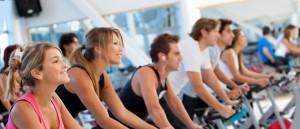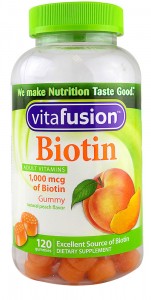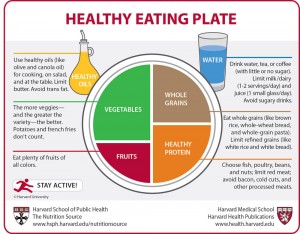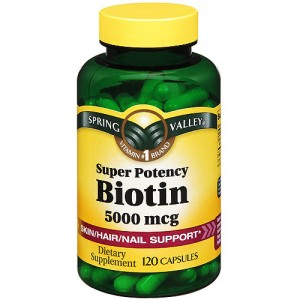
People very often have a natural inclination to jump to conclusions before obtaining facts. When it comes to diseases, like Ebola, people always seem to think that the end of the world is inevitable. On my part, after a few weeks of ignorance, then a few days of paranoia, which eventually led to me sitting down and getting some facts, I realized that the chances of getting Ebola in central Pennsylvania are currently very low.
One thing, however, about the disease really did start to trouble me. As a freshman, I’ve been trying to make a habit of going to the gym frequently throughout the week. I was in my paranoid state of thinking when it came to Ebola when I heard that the disease could be transferred through sweat. Of course I started thinking “I can never go to the gym again! Sweat is gross, people are gross, why am I bothering!?” So needless to say, after our discussion of Ebola today in class, I started to really think about this. I know that plenty of diseases can be caught while at the gym; many of which are spread due to lack of cleanliness and contact with sweat of another individual who is infected. An article in the New York Times explains that “MRSA, athlete’s foot, jock itch, boils, impetigo, herpes simplex, and ringworm” are all transmittable at the gym (Brody). In that case, could Ebola possibly be spread in gyms just like those other diseases?
According to an article from the UC Academic Health Center, Brian Adams, a dermatologist, said that “without diligent cleaning, gyms can become breeding grounds for bacteria, viruses and fungi that are harmful to human health,” (Harper). One of the biggest factors that cause the spread of these diseases is, not sweat, but the bacteria found in sweat itself (“Practice Proper Sweatiquette”). When it comes to Ebola in the gym, it is not impossible but highly unlikely. The most likely scenario in which Ebola would be transmitted in the gym would be through that of sweat. Even in that case, an individual has to come in direct contact with the sweat (“Frequently Asked Questions…”). This probably would only happen if a person were to run directly into a person with Ebola, who is literally dripping in his or her own sweat, or to touch a machine after they sweat a rather large amount on, but did not clean.
So needless to say, I was worried for no real reason. Chances are, you most likely will not get Ebola after a day at the gym. If you are worried about catching a disease at the gym, I do have some tips for you on how to lessen your chances. Men’s Health says that it’s best to, “bring several towels” one being for your sweat, and one for the wiping of machines and touching other areas that might have some kind of bacteria on it (that way you don’t contaminate your own bacteria with that of the unknown people of the gym), use Clorox wipes to clean off machines before using them, and to make sure to “clean up after yourself” (“Practice Proper Sweatiquette”). So there is no real need for you to fret, at this point in time, about catching Ebola through going to the gym. If you’re one of the lucky few with the motivation to actually go to said gym, you have all my respect, and by all means, keep going! Nothing is stopping you now!
Citations
Brody, Jane E. “Be Sure Exercise Is All You Get at the Gym.” The New York Times. The New York Times, 02 Aug. 2010. Web. 20 Oct. 2014.
“Frequently Asked Questions on Ebola Virus Disease.” – WHO. WHO – Regional Office for Africa, n.d. Web. 19 Oct. 2014.
Harper, Amanda. “UC HealthNews : Findings: Exercise Caution: Harmful Germs May Lurk on Gym Equipment.” UC HealthNews : Findings: Exercise Caution: Harmful Germs May Lurk on Gym Equipment. UC Academic Health Center, Aug. 2008. Web. 20 Oct. 2014.
“Practice Proper Sweatiquette.” : Sweat Smarts : MensHealth.com. MensHealth.com, n.d. Web. 20 Oct. 2014.






 , hair and hair growth have played a huge part in society and how it views people. So as we continue to strive for hair that fits with the crowd, many sit around looking for ways to increase the health and length of their hair. Contrary to popular belief, people all over are wiping out the age old believe that a haircut every so often makes your hair grow. The point of these frequent haircuts are not so much to increase the length of your hair, but the strength and health of it when it does grow.
, hair and hair growth have played a huge part in society and how it views people. So as we continue to strive for hair that fits with the crowd, many sit around looking for ways to increase the health and length of their hair. Contrary to popular belief, people all over are wiping out the age old believe that a haircut every so often makes your hair grow. The point of these frequent haircuts are not so much to increase the length of your hair, but the strength and health of it when it does grow.


 =
=  ?
?